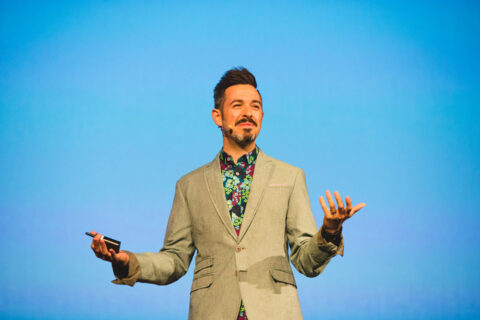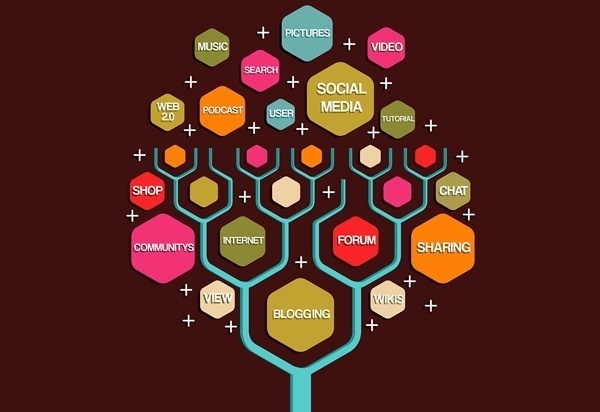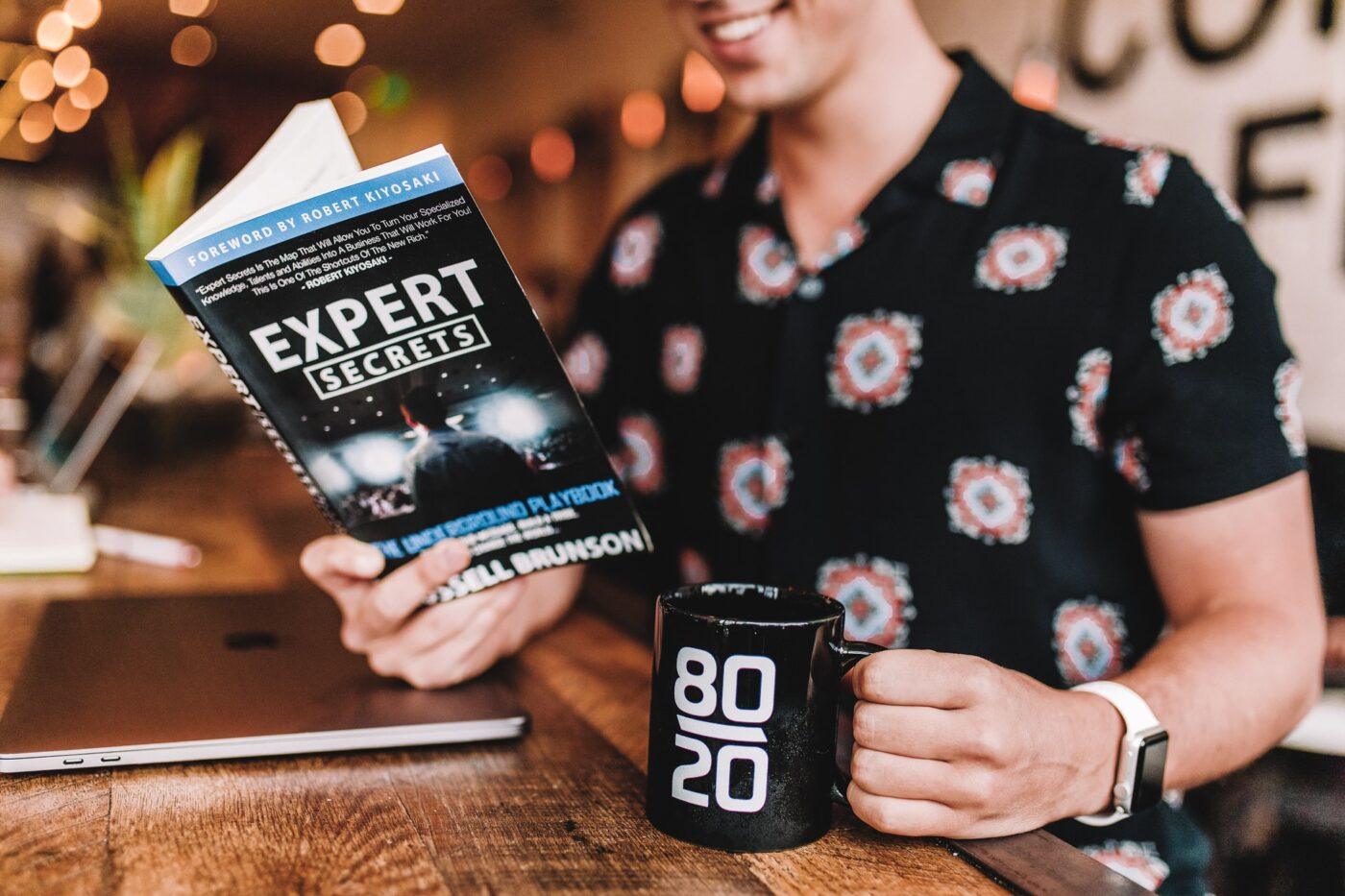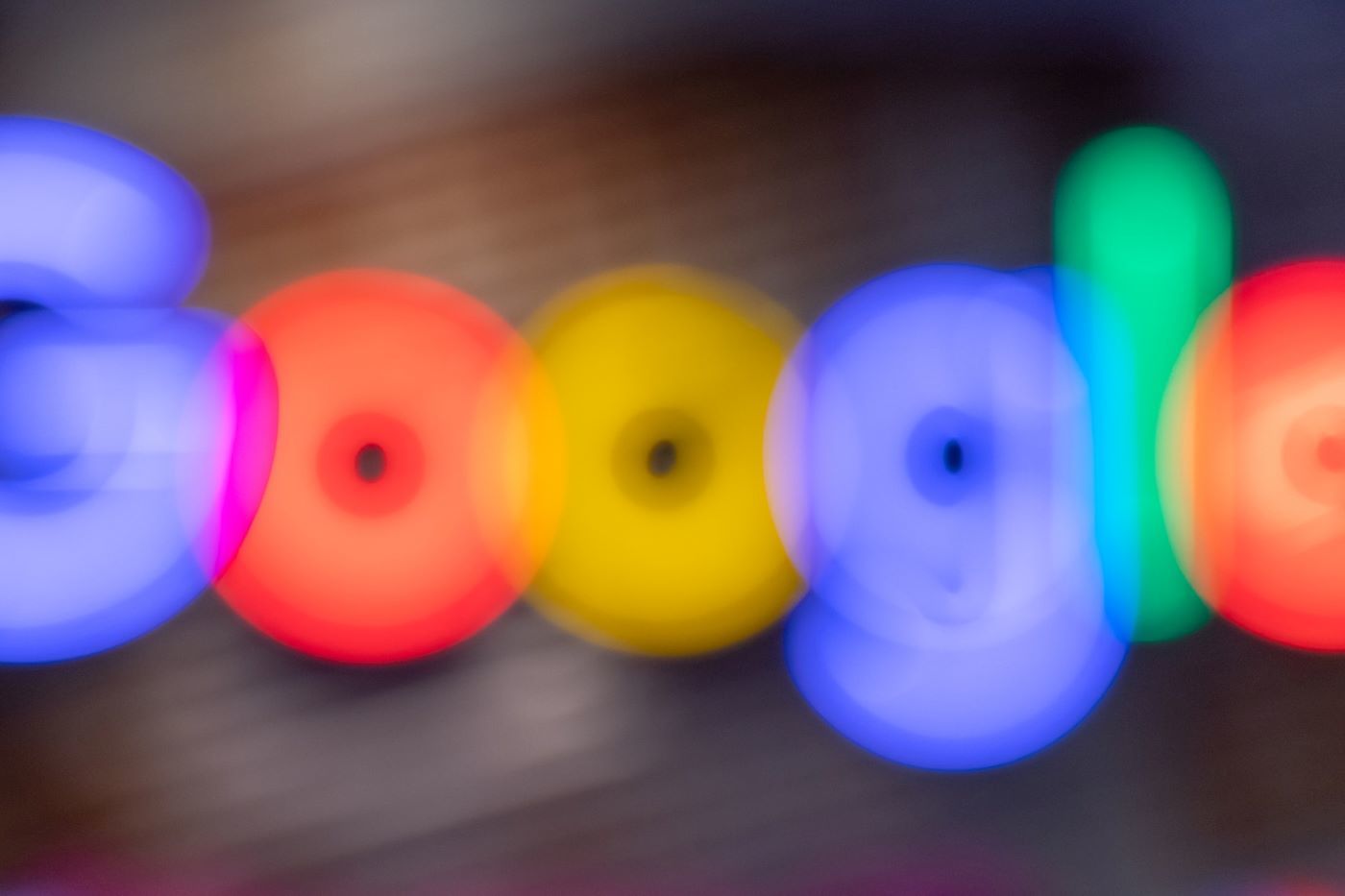Why SEO Week 2025 Was a Wake-Up Call for Every Digital Marketer
This bank holiday weekend was the perfect time to catch up on all the goings on from SEO Week…and a lot was happening.
After combing through the talk tracks, speaker notes and more than a few Twitter threads [still can’t bring myself to reference it as X], one thing is clear, the way we think about SEO has changed. And it’s not just an evolution – it’s a redefinition.
Here’s what you really need to know if you’re in the business of being found online in 2025.
Search Has Left the Building
First up, let’s be honest: traditional SEO is no longer the headline act.
Yes, technical optimisation, content structure and crawlability still matter; but they’re just the foundations. What’s moved into centre stage is understanding. Machines are no longer just ranking websites – they’re interpreting information. And they’re getting pickier about what they trust.
That means your digital presence isn’t just about keywords and backlinks. It’s about demonstrating real expertise, in a way that AI systems can recognise, verify and reuse.
The SEO Role Has Outgrown the Title
Rand Fishkin’s closing keynote offered a reality check: we’re no longer just SEO professionals. We’re information architects, brand stewards, and data translators.

The search landscape now sits at the intersection of human knowledge, machine learning, and user intent. So the real value we offer is in shaping how businesses are understood – by people and by algorithms alike.
It’s not about “gaming Google” [tbh it shouldn’t ever have been]. It’s about building durable digital assets that feed into the wider web of understanding.
From Content to Concepts
As multiple speakers reminded us, search engines and LLMs are no longer relying on exact-match terms to understand your content.
They’re using natural language processing to identify entities, relationships, and contextual meaning. That makes structure, clarity, and semantic alignment more important than ever.
It’s less about saying the right thing and more about saying the right kind of thing in a way that fits into an established knowledge framework.
AI Doesn’t Know What’s True, But It Knows What Sounds True
Large language models are rewriting the rules. They’re trained to produce plausible responses, not factual ones. Which means if your content isn’t present in the datasets they learn from, it effectively doesn’t exist. To stay visible in this AI-centric world, your job is to reduce the “knowledge distance” between your brand and the accepted truth. That involves:
- Being cited by reliable third-party sources
- Closing gaps in your topical coverage
- Structuring your content so it’s easy to extract and reuse
Because if machines can’t verify or contextualise what you’re saying, they won’t repeat it.
Credibility > Clicks

A recurring theme across the week: credibility is everything.
Lexi Mills made it clear – if you want your content to influence AI outputs, you need more than just facts. You need presence, authority, and external validation. That means stepping beyond your own site and into the wider digital conversation.
PR, podcasts, expert profiles, citations; it’s all part of the new SEO toolkit. Not for traffic, but for trust.
Beyond the Rankings: Brand Perception in the Machine Mind
Dan Petrovic’s talk was one of the most talked-about sessions of the week. His focus? Not how your site ranks, but how your brand exists in the language of the web.
He’s building models that assess semantic proximity, in other words how closely your brand is associated with key concepts in machine learning datasets.
It’s a powerful shift: moving from performance metrics to perception metrics. Because in the world of AI summarisation, your influence depends on how machines understand your relevance, not just where you appear.
The Search Results Are Changing And So Should Your Strategy
As Google continues rolling out AI-generated summaries, the role of the blue link is shrinking. That doesn’t mean SEO is obsolete, it just means your goals need to evolve.
The next phase of search strategy looks like this:
- Prioritise visibility over just rankings
- Build topical authority through consistent, expert-led content
- Focus on structured data and entity-driven content
- Aim to become the reference point—not just a result
You want your expertise to show up in the answer, not just the options.
So, What Now?
We’re in the middle of a major shift. One where:
- Content without context will fall flat
- Authority needs to be demonstrated, not assumed
- The ability to shape machine understanding becomes a competitive advantage
SEO Week didn’t just highlight trends it revealed the new ground rules. And while the tools and tactics may keep evolving, the message is clear: If you want to win in search today, you have to be more than optimised. You have to be understood.
Want help getting your brand cited, structured, and seen by the machines (and humans) that matter? Check out our new AI Overview Optimisation Audit.







Leave a Reply